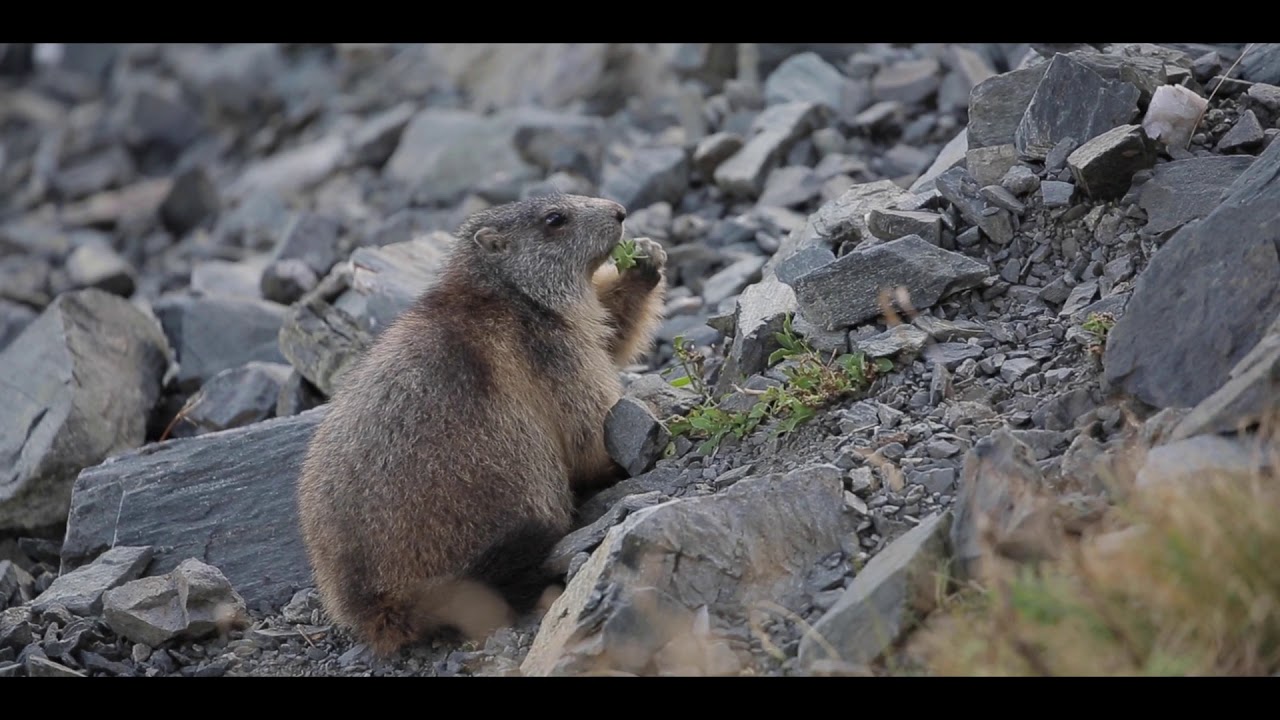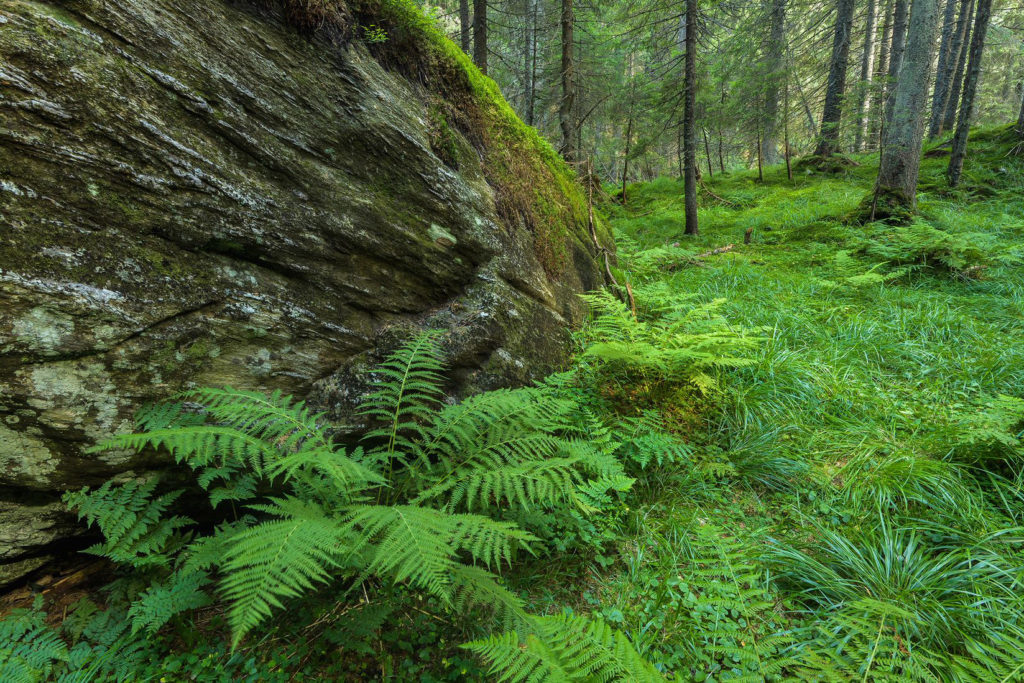The Romanian Carpathians
Romania is of high importance for conservation: Over 6 million hectares of ancient forests, unfragmented mountain areas without human settlements, untamed rivers, and the largest populations of bears, wolves, and lynx in Europe make the country the biodiversity hotspot in Europe.
Foundation Conservation Carpathia (FCC) aims to protect the natural value of the south-central Carpathians and at the same time achieve a better life for local communities: The foundation wants to help in the creation of a new world-class wilderness reserve in the Fagaras Mountains.
Achievements of the CARPATHIA project
Land Purchase
The restitution of formerly nationalised land resulted in a new ownership structure of two thirds of Romania’s forests. The majority of private land consisted of smaller parcels with less than 50 hectares, which were often bought by logging companies for clear-felling. To avoid further loss of forests, FCC has purchased over 25,000 ha of forests and alpine meadows for full protection.
Restoration
While safeguarding significant areas of forests has been FCC’s priority, it has also purchased over 1,000 ha of clear-cuts for ecological restoration. 800 ha have been replanted by now with the natural species composition, nature has been restored on over 30 km of logging tracks, and 450 ha of spruce monocultures have been transformed into mixed, natural forests again.
Wildlife Protection
In order to effectively protect wildlife, FCC has leased four hunting concessions in the core area of the project. Together with the adjacent Piatra Craiului National Park, this translates into an area of 80,000 hectares of hunting free zone – an important refuge for wildlife.
Next to the establishment of a modern wildlife monitoring system, FCC has established a model of human-wildlife conflict resolution, and has reintroduced bison and beavers.
Community Outreach
Local communities are at the core of FCC’s activities with support for poor and disadvantaged families, promoting the area with events and festivals and cooperating in land-use planning. Public support will be crucial to realise the establishment of a new National Park.
Conservation Enterprises
Without a convincing economic concept, the vision of a national park will not be supported by local communities. FCC is committed to creating a green economy that will bring a sustainable livelihood for the communities. The foundation has identified economic opportunities in the field of ecotourism and organic agriculture, and has developed business plans and financing proposals for the most relevant ventures. The first local businesses are already up and running.
- Projekt-Kategorien: Naturschutz/Artenvielfalt/(Ur-)Waldschutz
Video
Foundation Conservation Carpathia (FCC)

Mit dem Laden des Videos akzeptieren Sie die Datenschutzerklärung von YouTube.
Mehr erfahren
Projektdetails
Was ich fördere

Die Mittel werden zur Schaffung eines neuen Wildreservats in den südlichen Karpaten Rumäniens eingesetzt und weiterhin zur Bewahrung und Wiederherstellung eines natürlichen Ökosystems in den Karpaten, zum Wohle der Biodiversität und ortsansässiger Gemeinden. Weiteres Funding zum Erwerb von Landfläche ist geplant.

